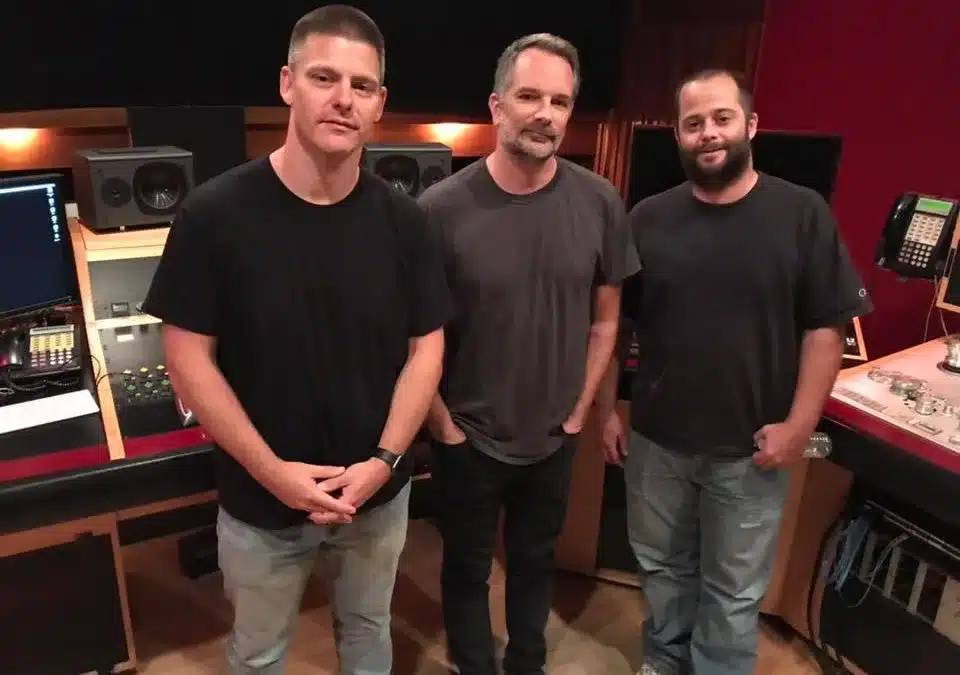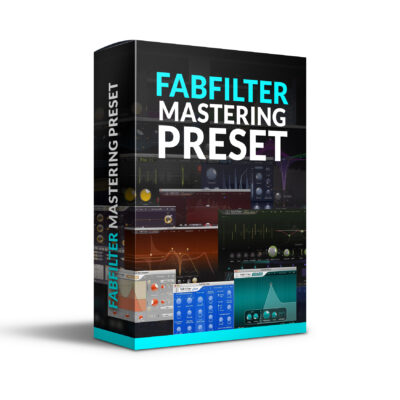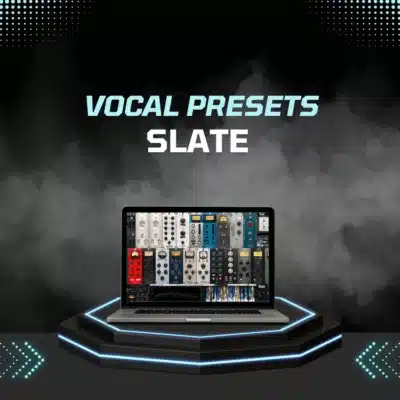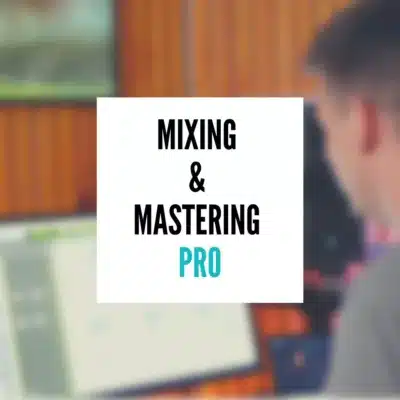Typical Price Ranges in 2025
One of the most common questions I get from new clients is: “How much does it cost to get a song mixed and mastered?”And the honest answer is—it depends.
Now before you roll your eyes, hear me out.
There’s no fixed menu for this stuff. While my pricing is fairly fixed compared to others. prices vary depending on who you’re working with, how complex the song is, and how fast you need it back. It’s kind of like asking how much it costs to get a tattoo. You can get one for $50, or you can pay $1,500. Both are technically tattoos, but the experience and results are completely different.
So, let’s break it down.
Mixing Services: What You Can Expect to Pay
In 2025, mixing a song professionally can cost anywhere from $100 to over $1,500 per track. Here’s a rough breakdown by tier:
Entry-Level Engineers ($100–$250): These are usually newer mixers or engineers working from home studios. You might find decent results, especially if your song is simple (e.g., 2-track beats with vocals), but consistency can vary.
Mid-Tier Professionals ($300–$700): This is the sweet spot for most indie artists. You’re getting someone with experience, genre-specific knowledge, and a proper monitoring setup. Most of my clients fall into this range.
High-End Mix Engineers ($1500–$3500+): Think Serban Ghenea, Manny Marroquin, or engineers with Grammy wins and major label discographies. If your track’s headed to radio or you’re backed by a serious budget, this level makes sense.
Mastering Services: A Different Price Bracket
Mastering tends to be a bit more affordable, but it still varies:
Entry-Level ($20–$50): Usually offered by budget studios or freelancers who may or may not specialize in mastering.
Pro-Level ($70–$150): These are engineers who understand mastering as its own craft. They have worked on projects at the major label level, and they know how to get your song loud without killing the dynamics—and how to make it translate across every system.
op-Tier ($250–$300+): At this level, you’re paying for elite ears, and major label credits.
Remember, mixing and mastering are two very different stages in the production process. If you’re still fuzzy on what separates them, I break it all down here: The Difference Between Mixing and Mastering.
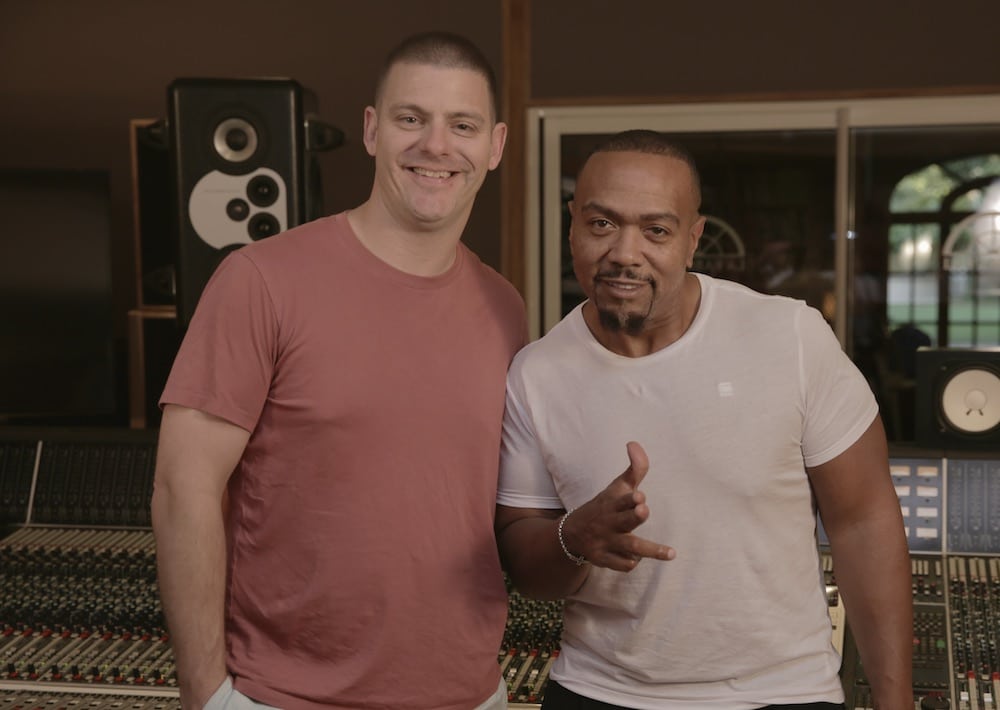
Mixing Engineer matty Harris and Timbaland
What Affects the Price of Mixing and Mastering?
If you’ve ever browsed through a bunch of mixing and mastering websites like Soundbetter, you’ve probably noticed the price differences can feel all over the map. One site might offer a full mix for $75, while another starts at $500 and goes up from there. So what’s actually behind those numbers?
Let’s break down the biggest factors that influence cost—and what you’re really paying for.
1. The Engineer’s Experience and Credits
This one’s obvious, but it matters. An engineer who’s mixed for Grammy-winning artists, has a decade of experience, and understands your genre inside and out is going to charge more than someone who just downloaded their first DAW last year.
Experience also comes with speed and efficiency. A seasoned engineer won’t just get the mix done faster—they’ll also avoid common mistakes, know when to push creative boundaries, and understand how to translate a song so it works across all playback systems, from earbuds to festival speakers.
That said, higher price doesn’t always mean better. Some engineers overcharge because they can, and some up-and-comers are still figuring out how to price their work. The key is to listen to the work, not just the rate sheet. Do they have a portfolio or credits you can check? Can they demonstrate consistency across different projects? Does their style align with what you’re aiming for?
Another thing to consider is genre specialization. An engineer who mainly mixes pop may not be the best fit for a heavy metal track, even if their credits are impressive. The right match isn’t just about reputation—it’s about relevance to your sound.
2. Track Count and Song Complexity
A vocal over a stereo beat is a very different job than a 70-track pop production with stacks of vocals, synths, guitars, live drums, and FX. More tracks mean more time, more decisions, and often more revisions.
Complexity isn’t just about how many tracks there are—it’s also about what those tracks demand. A single vocal might be simple to balance, but if it has multiple layers, tuning, doubles, harmonies, and creative effects, it quickly becomes a detailed project. The same goes for arrangement-heavy songs where automation, transitions, and sound design all play a big role.
The more moving parts a song has, the more the engineer is acting as both a mixer and a project manager, keeping the entire ecosystem of the track balanced and cohesive. That level of detail requires both time and skill, so it’s natural that a complex mix comes at a higher cost.
3. Turnaround Time
Turnaround time has a direct impact on how much mixing and mastering costs. If you want your track back tomorrow, most engineers will charge a rush fee on top of their normal rate. That’s because mixing and mastering usually require fresh listening, revisions, and playback checks—steps that get compressed when deadlines are tight.
Engineers who value quality (and their own schedule) build buffer time into projects. So, if you need a fast turnaround, expect to pay more for the convenience. On the other hand, planning ahead often saves you money. Giving your engineer 3–5 business days for a single song, or longer for an EP or album, means you avoid rush charges and your music gets the attention it deserves.
4. Analog Gear vs. In-the-Box
The tools an engineer uses can affect how much mixing and mastering costs. Some engineers mix entirely “in the box” using plugins inside a DAW, while others run tracks through analog hardware—like vintage compressors, EQs, or tape machines—for added color, depth, and warmth.
Analog gear doesn’t just shape the sound, it also shapes the price. High-end hardware is expensive to buy and maintain, so engineers who use it often charge more to cover that investment. For some artists, the subtle saturation and depth of analog gear is worth the extra cost. For others, a clean in-the-box workflow is more than enough, especially with how good modern plugins have become.
In my own studio, I have a wide range of analog gear that I’ll bring into the process when it benefits the song. Sometimes a vocal or mix comes alive with a touch of hardware compression or EQ; other times, staying fully in-the-box keeps things cleaner and more precise. The important part is using the right tools for the music—not just adding cost for the sake of it.
5. Revisions and Client Support
Revisions are another factor that affect how much mixing and mastering costs. Not every service is equal when it comes to client interaction. Some engineers offer one or two rounds of revisions and charge extra after that, while others build unlimited revisions into their pricing. Neither approach is wrong—it just depends on how the engineer structures their business.
Client support can also vary. Some engineers will happily jump on Zoom calls or send detailed notes to walk you through their decisions, while others prefer feedback strictly by email. The level of access you get often influences the overall price.
In my own work, I offer unlimited revisions for first-time clients so you can feel confident the mix will land exactly where you want it. On top of that, my clients can call, text, or hop on a Zoom with me directly if they need to talk through ideas or feedback. Most projects only need a few small tweaks, but having that open line of communication makes the process smoother and stress-free.
6. The Extras That Add Up
When asking “how much does mixing and mastering cost,” it’s important to remember the extras. An instrumental mix, clean version, or stems for remixing are all common requests—but they’re not always included in the base price. Some engineers charge per deliverable, while others bundle these into a package.
I’m upfront about what’s included so there are no surprises. If you need alternate versions or stems, you’ll know exactly what the cost is before we get started. That kind of transparency makes budgeting easier and helps avoid last-minute add-on fees.
And here’s a tip: before you start comparing prices, ask yourself what you’re really looking for. If you’re still on the fence about going pro or doing it yourself, I put together a deeper look at the tradeoffs here: DIY vs. Professional Mixing and Mastering.
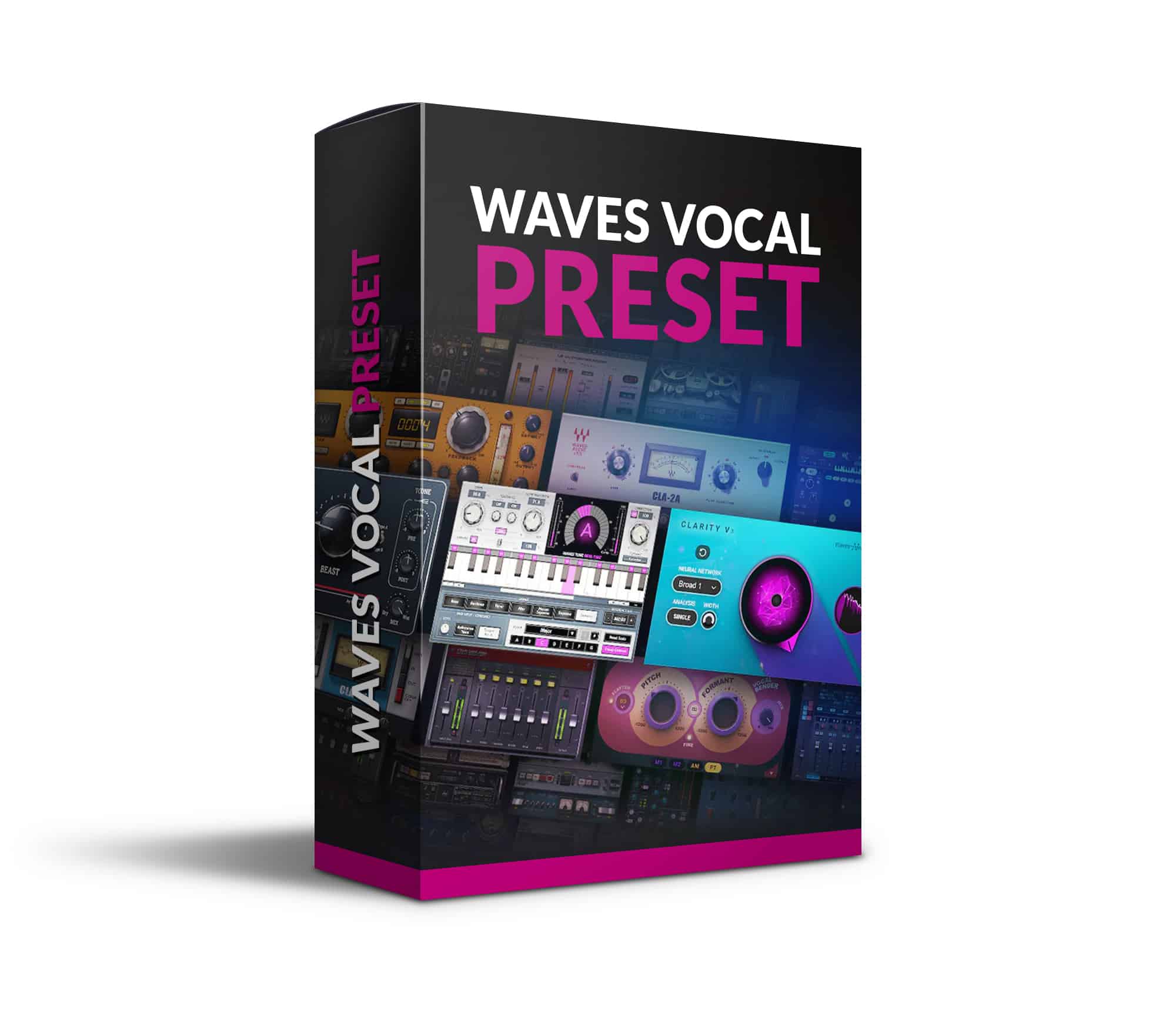
Want a FREE Waves Vocal Preset?
This free Waves vocal preset works with Ableton, Logic Pro, FL Studio, Pro Tools, Studio One, and Waves StudioRack. It only uses plugins included in the Waves Gold Bundle, so that’s all you need to get started.
What’s Actually Included in the Price?
A lot of confusion around mixing and mastering prices comes from not knowing what’s actually included. One engineer charges $400 per song and another charges $150, but unless you know what you’re getting in both cases, it’s hard to compare.
So let’s walk through what’s typically included when you hire a professional.
What’s Included in a Professional Mix
When you hire someone to mix your track, you’re not just paying for fader moves—you’re paying for experience, taste, and the ability to make your music sound like it belongs on the radio or your favorite playlists. This is one of the biggest factors that affects how much mixing and mastering costs, because the scope of what’s included can vary from engineer to engineer.
A professional mix typically includes:
-
Balancing the track (volume, panning, and automation)
-
EQ and compression to create clarity, space, and glue
-
Creative effects such as reverb, delay, modulation, or distortion
-
Vocal tuning and timing adjustments (if needed)
-
Mix buss processing for punch, depth, and cohesion
-
Multiple file versions: full mix, instrumental, a cappella, clean edits, etc.
-
Revisions based on your feedback
If your engineer is just slapping a limiter on the stereo file and calling it a mix, you’re not getting a true professional service. A real mix is a detailed process that goes far beyond levels—it’s about shaping the emotion of the track and preparing it to compete in the real world.
What’s Included in a Mastering Session
Mastering is the final polish—it’s not about fixing a bad mix (though we’ve all tried), but about enhancing a good one. The quality and scope of what’s included in mastering is another factor that influences how much mixing and mastering costs.
A professional mastering session usually includes:
-
EQ and compression to achieve tonal balance and clarity
-
Limiting to bring up loudness while avoiding distortion
-
Stereo widening or tightening if the track needs it
-
Dithering and proper file prep for release across formats
-
Multiple deliverables: WAV, MP3, and optional DDP or vinyl-ready files
-
Loudness targets optimized for streaming platforms like Spotify, Apple Music, and YouTube
Some mastering engineers go further, providing before/after comparisons, loudness reports, or even quick feedback on your mix before they begin—a huge benefit if you’re still refining your sound. These extras can add value, but they can also raise the cost, so it’s worth asking upfront what’s included.
Bottom line: not every engineer includes the same deliverables, so always ask. I list everything that comes with my services on my homepage so artists know exactly what to expect—no surprises, no upsells mid-project.
Is It Ever Worth Paying Top Dollar?
This is where things get tricky. Because, let’s be honest—there are engineers out there charging $3,500 per mix. And yes, some of them are worth every penny. But the real question is: is it worth it for you?
Let me give you the honest breakdown.
When Paying More Makes Sense
If your music is already at a high level—radio-ready production, strong performances, and a clear vision—then hiring a top-tier mixer or mastering engineer can take things from great to elite. This is especially true if:
You’re working with a label or management team and need to hit broadcast or commercial quality
Your release has a marketing push behind it (ads, PR, playlisting)
You’re collaborating with known artists and want the end product to reflect that
You’ve already tried a few mixers and aren’t getting the results you hear in pro tracks
In those cases, paying more isn’t just about sound—it’s about credibility. The right name in your credits can help open doors, especially in sync licensing, radio, or press placements.
But Higher Price Doesn’t Always Mean Higher Quality
On the flip side, I’ve heard $1,000 mixes that sounded rushed, over-compressed, or just plain wrong for the artist’s style. Price should never be the only metric.
That’s why I always tell artists: listen to the work first. Check their portfolio, see if they’ve worked in your genre, and—if possible—ask for a sample mix or short test master.
In fact, I’ve had a lot of clients come to me after spending more elsewhere and feeling disappointed with the results. They weren’t just paying for “the big name”—they were paying for mismatched expectations.
What Really Matters Is Fit
It’s not about finding the most expensive option—it’s about finding someone who understands your music and knows how to bring it to life. Someone who gets your sound and works collaboratively with you, not just on autopilot.
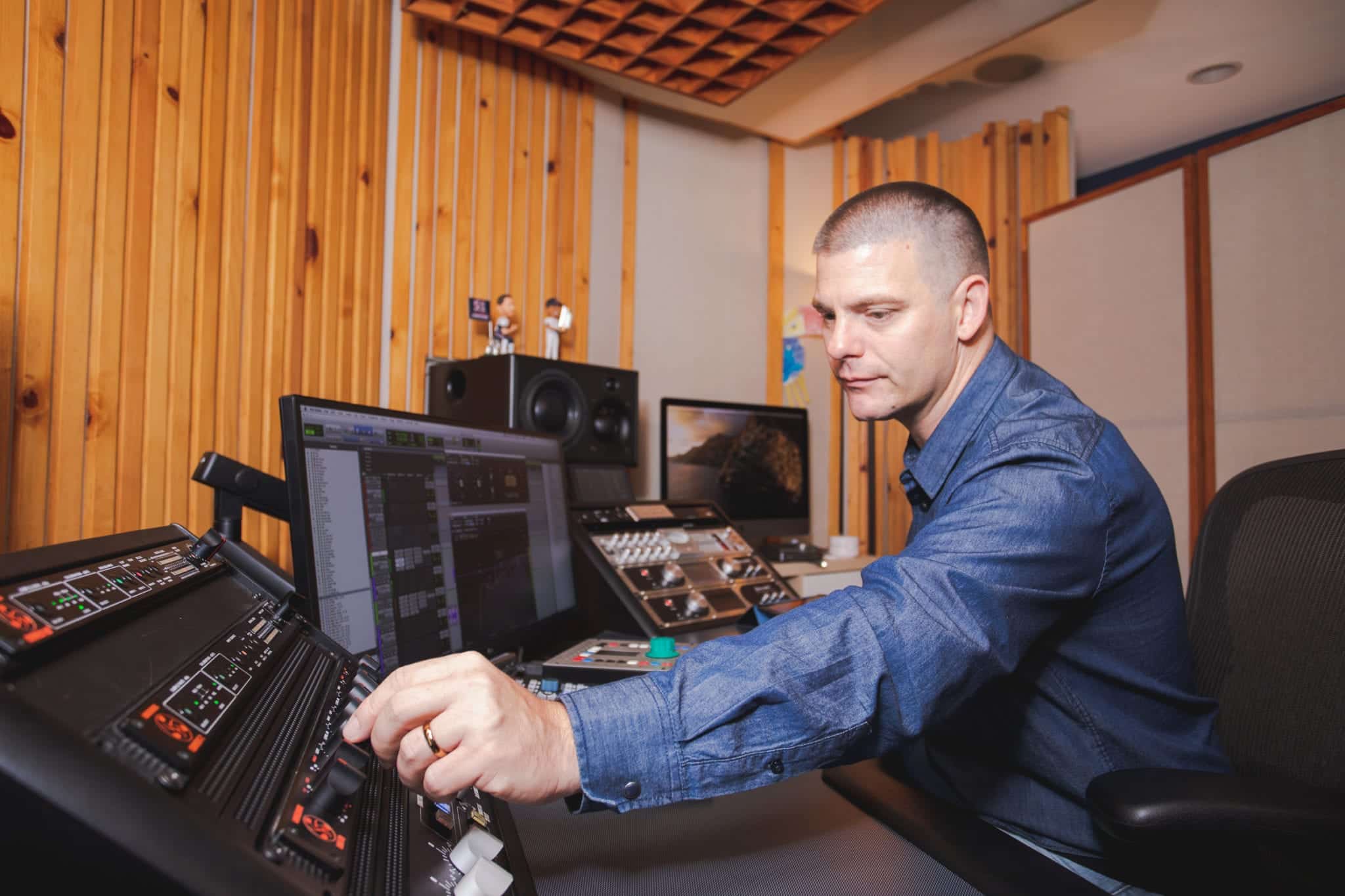
Ready to Release your music on Spotify?
Describe your song and get a personalized Mixing and Mastering review in 24 Hours.
How to Choose the Right Engineer for Your Budget
Let’s say you’ve got a budget in mind—maybe it’s $200, maybe it’s $800. How do you actually find the right person for the job? Because let’s face it: hiring a mixing or mastering engineer isn’t just a transaction. You’re trusting someone with your music—your art—and the wrong choice can leave you disappointed (or worse, broke and disappointed).
Here’s how I’d approach it if I were in your shoes.
1. Look for Genre Experience, Not Just Credits
Just because someone mixed a hit for a pop artist doesn’t mean they’re going to nail your alt-R&B project. Style matters. If your mix engineer works mostly on trap beats and you’re a folk singer-songwriter, there’s going to be a mismatch in tone, feel, and priorities.
Before you reach out, ask yourself:
Have they worked with artists like me?
Do their samples sound close to the kind of records I love?
Can they mix vocals the way I hear them in my head?
A few good examples will tell you more than a long client list ever will.
2. Listen to Before/After Samples (and Pay Attention to the Details)
A solid mix or master should elevate the raw track without changing the vibe. You’re listening for clarity, balance, punch, and emotional impact. Does the vocal sit naturally? Does the master sound clean but still loud enough to compete on Spotify?
Most engineers will have audio examples on their site (I do), and some even include breakdowns so you can hear exactly what changed.
3. Understand What’s Included
As we covered earlier, not every service includes the same deliverables. You’ll want to know:
How many revisions are included?
Do you get alternate versions? Stems?
How long is the turnaround time?
What happens if you’re not happy?
For example, at Mix and Master My Song, I offer 3 revisions and aim to turn around projects in 3–5 business days—because I want clients to feel confident and not nickel-and-dimed.
4. Ask About a Sample or Test Run
If you’re still unsure, see if they’ll do a test mix or short master clip. Not everyone offers this, but many engineers are open to it for serious inquiries. It gives both of you a chance to see if it’s a good fit before money changes hands. I would add a few words of caution here. I don’t offer test mix or masters, I’m just way too busy. I’ve found that people who do are either just getting started or hurting for work, and that might not be a good thing in either case.
5. Match Personality with Process
This one’s underrated. You want to work with someone who communicates clearly, listens to feedback, and isn’t defensive about making changes. Some engineers are all tech and no people skills—and that can make the process feel cold or frustrating.
You don’t need a therapist. But you do need someone who respects your creative vision and helps you bring it across the finish line.
—
At the end of the day, finding the right engineer is like finding the right collaborator—it should feel like they’re on your team, not just hitting export and collecting a payment.
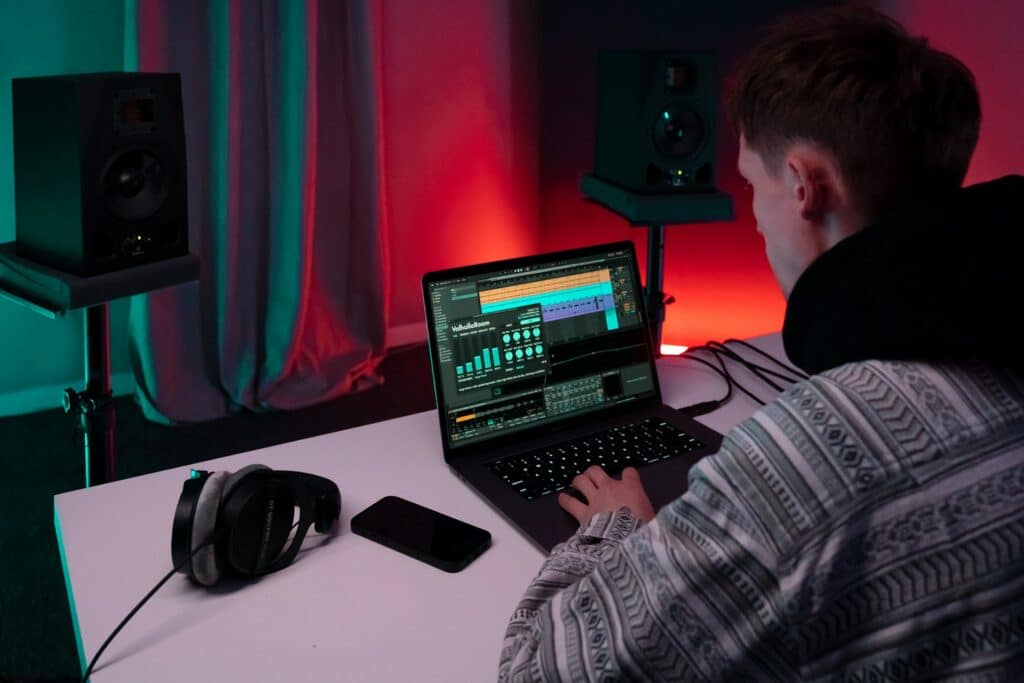
DIY vs. Professional: The Hidden Costs
Now, I’m all for artists learning how to mix and master their own music. In fact, I teach people how to do that every day. But if we’re being real, doing it yourself isn’t free—even if you’re not pulling out your credit card.
There’s a difference between saving money and saving time, energy, and the emotional toll of second-guessing your sound.
Let’s talk about the real costs of going DIY.
Time (a Lot of It)
Mixing isn’t just about knowing where to put the reverb—it’s about making a hundred micro-decisions that all add up. When you’re new, those decisions take forever. You tweak one thing, mess up another, bounce it out, listen in the car, go back in, get frustrated, do it again…
That’s hours—if not days—you’re not spending writing, recording, or promoting your music. And if you’ve got a job, a family, or other projects, that time adds up fast.
Money on Gear and Plugins
DIY isn’t really free. The DAW license, the interface, the studio monitors, the sound treatment, the endless plugin deals—it all adds up. Before you know it, you’ve spent more on Black Friday bundles than you would’ve on a pro mix or master.
And still, your track doesn’t sound the way you want.
Quality That Costs You Opportunities
Here’s the part most artists don’t think about: a mix that doesn’t sound professional can hurt your career more than the money you saved by doing it yourself.
It might mean your song gets skipped on a playlist.
Or doesn’t land a sync placement.
Or just doesn’t hit the way it should when someone’s listening on good headphones.
That’s not fear-mongering—it’s just how competitive the music world is today. The truth is, listeners do judge sound, even if they can’t explain why.
Frequently Asked Questions
How much should I pay for mixing and mastering?
Prices can range anywhere from $50 to $1,500. If you want a professional mix, I recommend not spending less than $250. Rates under $250 are usually from engineers who are just starting out, which can work if you’re on a budget, but for consistent professional results, expect to invest $300 or more.
Why do prices vary so much?
Pricing varies because of factors like the number of tracks in your session, whether you need editing, the engineer’s reputation, and the studio equipment used.
What’s the difference between mixing and mastering costs?
Mixing involves balancing and processing each track in your session, while mastering is the final polish applied to the stereo mix. Mixing usually costs more because it’s more time-intensive, while mastering is generally quicker and priced lower.
Conclusion: You Don’t Need the Most Expensive—You Need the Right Fit
If you’ve made it this far, you already know there’s no one-size-fits-all answer to “How much does mixing and mastering cost?” The truth is, it’s not about finding the cheapest or most expensive option—it’s about finding the right engineer who understands your music and respects your vision.
Whether you’re just getting started or releasing your third EP, you deserve a final product that holds up next to the artists you admire.
So here’s my advice:
👉 Know your budget.
👉 Be clear about what you need.
👉 And most importantly, listen to the work—not just the price tag.
If you’re looking for someone who brings professional experience, a fast and friendly workflow, and results that compete in today’s loud world, I’d love to help.
You can learn more about my process or get a custom quote right here: Mix and Master My Song

